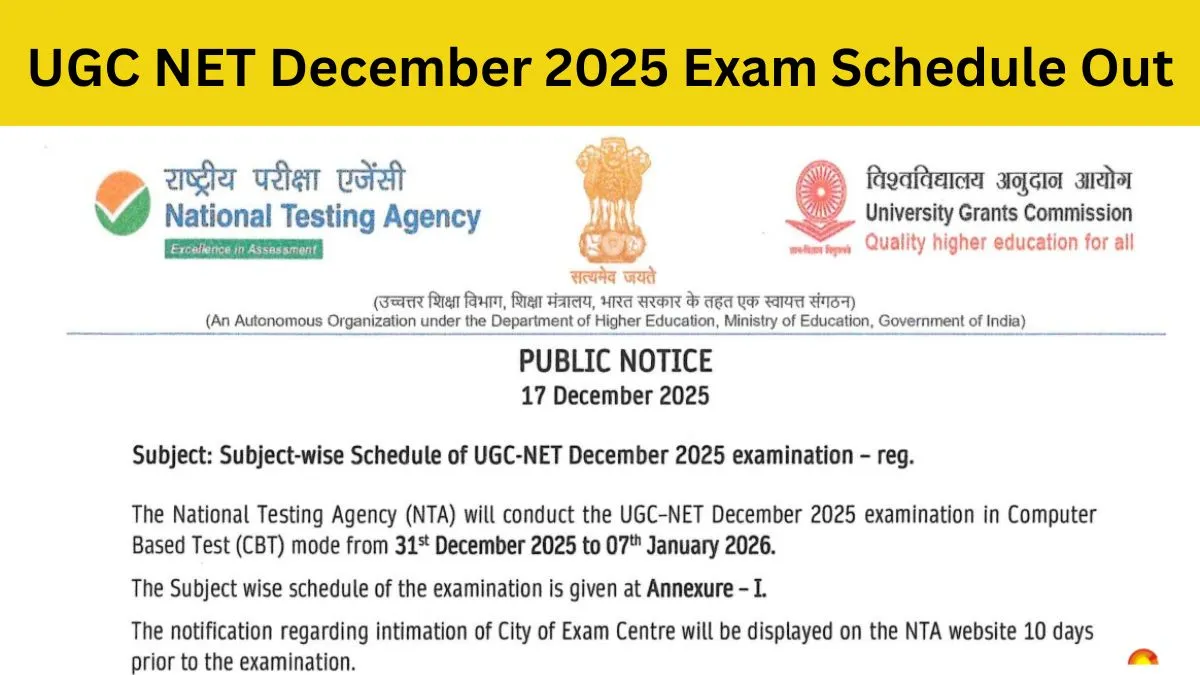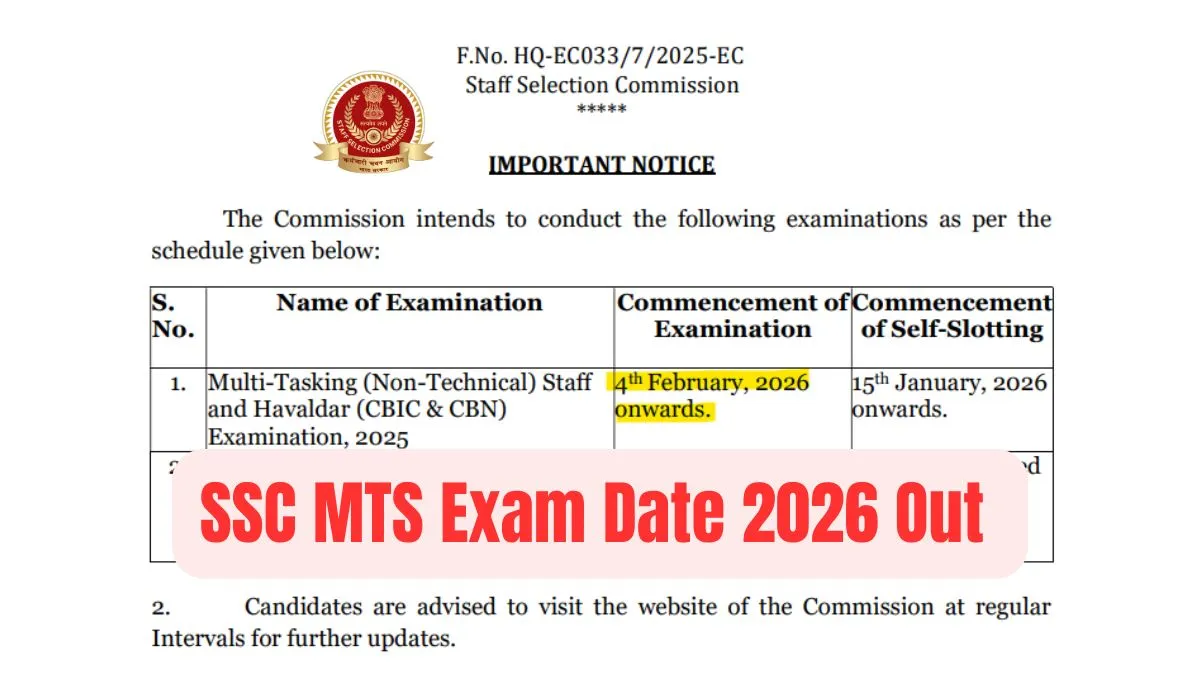The Institute of Banking Personnel Selection (IBPS) employs a process called score normalization to ensure fairness in its exams. This method adjusts candidates’ scores, accounting for variations in difficulty across different exam sessions. Understanding how score normalization works is crucial, as it directly influences your final marks and ranking.
Key Highlights
- Organization Name: Institute of Banking Personnel Selection (IBPS)
- Purpose: Ensures fairness by adjusting scores across multiple exam sessions.
- Method: Uses statistical techniques to account for varying difficulty levels.
- Impact: Directly affects candidates’ final scores and rankings.
- Applicability: Implemented in exams conducted over multiple shifts or days.
- Transparency: Aims to provide a level playing field for all test-takers.
- Preparation Tip: Focus on overall performance rather than comparing across sessions.
- Important Note: Normalization can lead to slight increases or decreases in raw scores.
- Official Website: ibps.in
What is Score Normalization? 📊
Score normalization is a statistical method used to adjust scores when an exam is conducted in multiple sessions with varying difficulty levels. By doing so, it ensures that no candidate is advantaged or disadvantaged due to the specific session they attended.
Why Does IBPS Use Score Normalization? 🤔
Given the large number of candidates, IBPS conducts exams in multiple shifts. Despite efforts to maintain uniformity, slight differences in difficulty can occur between sessions. Score normalization addresses these discrepancies, ensuring that all candidates are assessed on a comparable scale.
How Does Score Normalization Work? 🛠️
While IBPS hasn’t publicly detailed its exact normalization formula, the general approach involves:
- Calculating the Mean and Standard Deviation: Determine the average score and the spread of scores for each session.
- Adjusting Scores: Modify individual scores based on the session’s mean and standard deviation to align with a common reference.
This process ensures that scores from different sessions are comparable.
Impact on Your Marks 📈
Score normalization can lead to slight adjustments in your raw score. If your session was relatively tougher, your normalized score might increase. Conversely, if your session was easier, there might be a slight decrease. This adjustment ensures fairness across all candidates.
Tips to Navigate Score Normalization 📝
- Focus on Preparation: Concentrate on your study plan and performance rather than potential variations in exam difficulty.
- Avoid Comparisons: Don’t compare your performance with candidates from other sessions, as normalization accounts for these differences.
- Stay Updated: Regularly check the IBPS official website for any updates on exam processes and guidelines.
Common Misconceptions About Score Normalization 🚫
- “Normalization Unfairly Lowers Scores”: In reality, normalization aims to ensure fairness by adjusting for varying difficulties, not to penalize candidates.
- “Raw Scores Are More Accurate”: Raw scores don’t account for session variability; normalized scores provide a more equitable assessment.
Understanding score normalization helps in setting realistic expectations and reduces unnecessary anxiety about the evaluation process.














